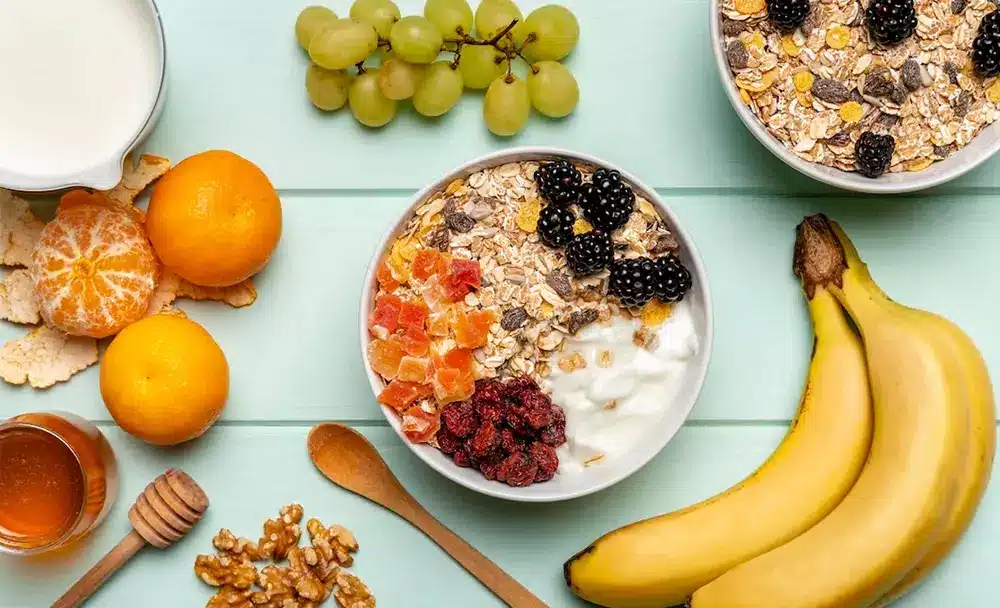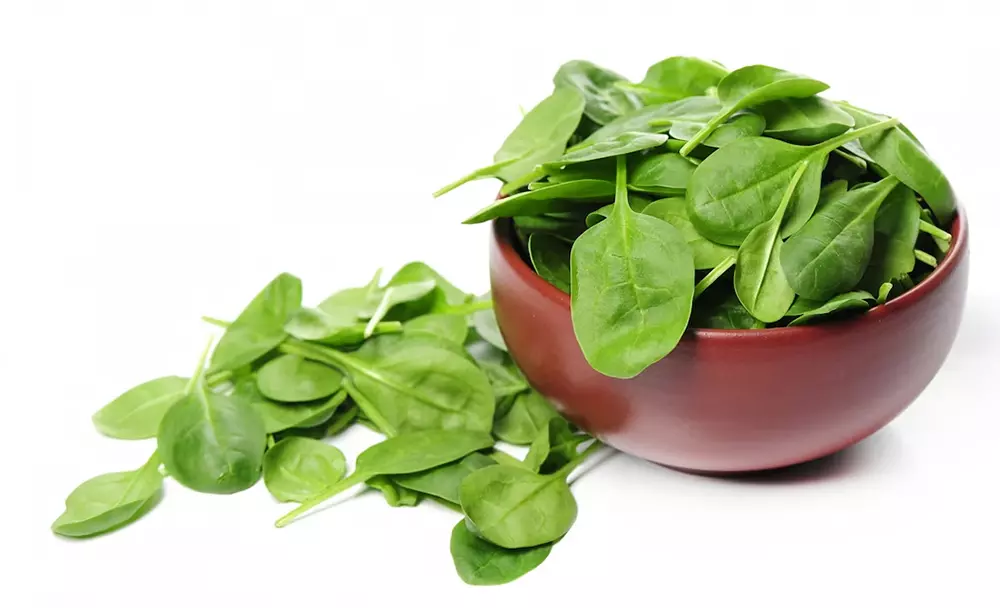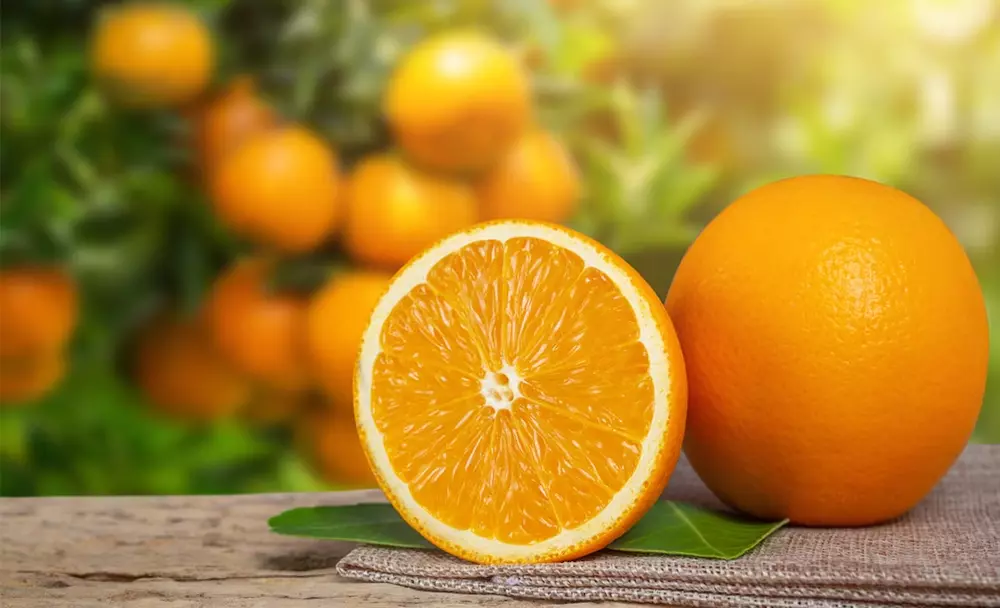This article is reviewed by an expert

Potassium is a mineral and essential nutrient that plays a role in various critical body functions, including regulating heartbeat and blood pressure, muscle and nerve function, protein synthesis, metabolism, musculoskeletal health and lots more. Dietary deficiencies in potassium are therefore linked to a number of health conditions, making it important to include adequate potassium rich foods in your diet. Simply adding potassium food sources to your diet should help you get your daily required intake of about 4700 mg.
The Best Foods For Potassium
- Watermelon
This summer superfoods is not only great for hydration, it’s also a great choice when adding potassium rich foods to your diet. Just 2 slices of the refreshing fruit will give you 14% of your required daily intake of potassium [1].
- Bananas
They are perhaps the best known of all foods with potassium and they are also cheap and widely available across India. One medium-sized banana provides 9% of your daily potassium requirement [2].
- Sweet potatoes
These root vegetables are a good source of complex carbs, fiber, and vitamin A. One cup (328 grams) of mashed sweet potato provides 16% of your required daily intake of potassium. It would also meet all of your vitamin A requirements [3].
- Spinach
Just one cup (190 grams) of cooked spinach provides 12% of the required daily intake for potassium [4]. It’s one of the best choices of foods high in potassium because it also gives you your entire requirement for vitamins A and K and more than half of your folate.

- White beans
These legumes are high in protein, fiber, iron, and folate. One cup (179 grams) of cooked white beans provides 18% of the required daily value of potassium [5].
- Dahi
This fermented dairy product is a good source of protein, calcium, and probiotics. One cup (240 grams) of plain whole milk dahi will give you 11% of your required daily intake of potassium [6]. Dahi is also a good source of probiotics that are important for gut health.
- Beets
Beetroots are among the healthiest and most inexpensive foods that contain potassium. Three cooked beets will give you roughly 11% of your daily potassium requirement. In addition, beets are rich in nitrates that are great for heart health and they also give you 34% of your folate requirement [7].
- Mushrooms
These fungi are low in calories but high in antioxidants, vitamin D and selenium. One cup of sliced white mushrooms, measuring roughly 150 grams, provides you with 9% of the daily requirement of potassium [8].
- Tomatoes
Just one large tomato will provide you with almost 15% of your required daily intake of potassium [9]. These fruits are also rich in lycopene, an antioxidant that may protect against prostate cancer and heart disease.

- Oranges
Citric fruit like oranges also provide you with a fair amount of potassium, with a single large orange giving you 11% of your daily potassium requirement [10]. These fruits are also a good source of vitamin C, which supports healthy immune function.
- Coconut Water
There’s a reason why Ayurveda recommends coconut water as a natural oral rehydration solution – it contains essential electrolytes including potassium. Drinking just one 240 ml cup of coconut water would give you 17% of your potassium requirement a day [11].
- Avocados
These creamy fruits are rich in healthy fats, vitamin K, and folate. One avocado provides about 15% of your required daily intake for potassium [12]. The only drawback is that avocados are not easily available in all parts of India and they can be quite expensive.
Conclusion
Including a variety of these foods in your diet will ensure that you get adequate potassium from your meals. While there are many uses of potassium supplements, it is best to get your nutrition from foods that contain potassium.
References:
- https://fdc.nal.usda.gov/fdc-app.html#/food-details/167765/nutrients
- https://fdc.nal.usda.gov/fdc-app.html#/food-details/1102653/nutrients
- https://fdc.nal.usda.gov/fdc-app.html#/food-details/168483/nutrients
- https://fdc.nal.usda.gov/fdc-app.html#/food-details/168463/nutrients
- https://fdc.nal.usda.gov/fdc-app.html#/food-details/175249/nutrients
- https://fdc.nal.usda.gov/fdc-app.html#/food-details/171284/nutrients
- https://fdc.nal.usda.gov/fdc-app.html#/food-details/169146/nutrients
- https://fdc.nal.usda.gov/fdc-app.html#/food-details/169251/nutrients
- https://fdc.nal.usda.gov/fdc-app.html#/food-details/170457/nutrients
- https://fdc.nal.usda.gov/fdc-app.html#/food-details/1102594/nutrients
- https://fdc.nal.usda.gov/fdc-app.html#/food-details/170174/nutrients
- https://fdc.nal.usda.gov/fdc-app.html#/food-details/171705/nutrients

















